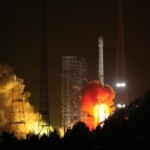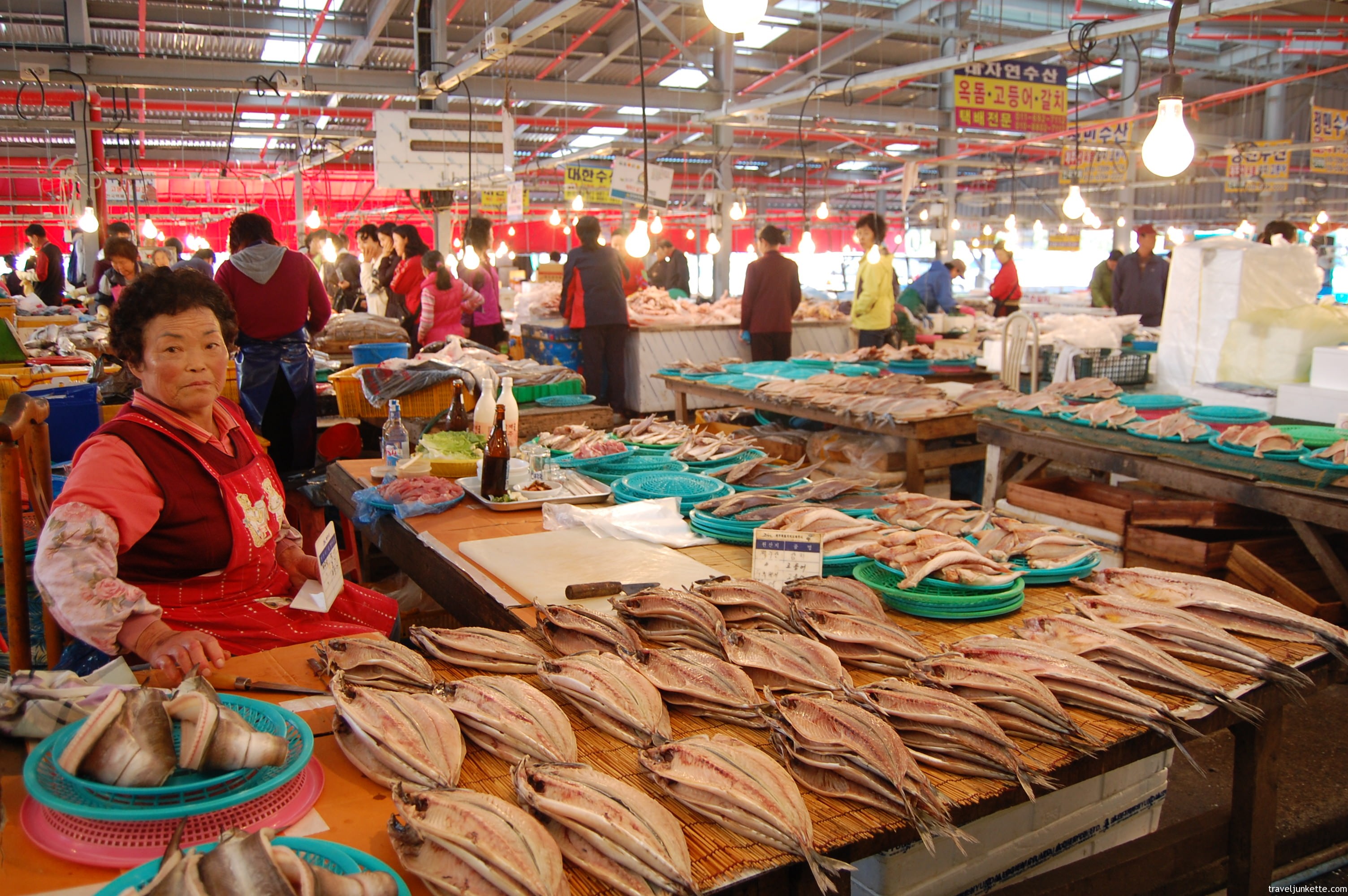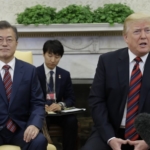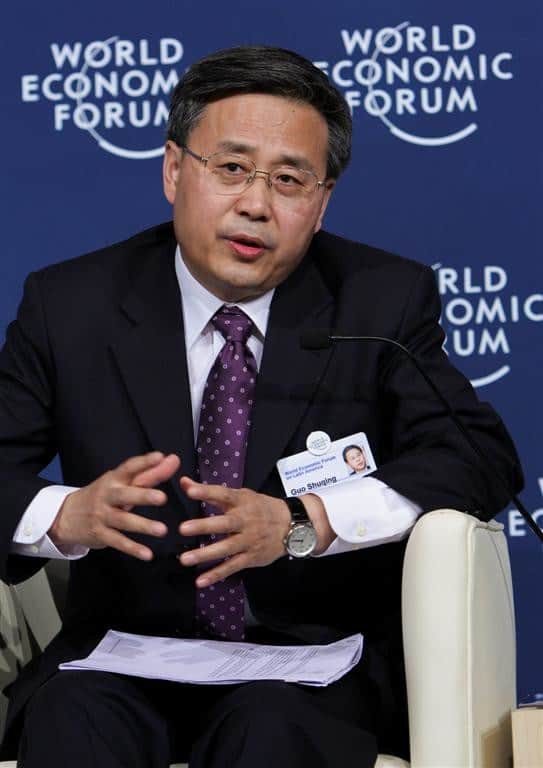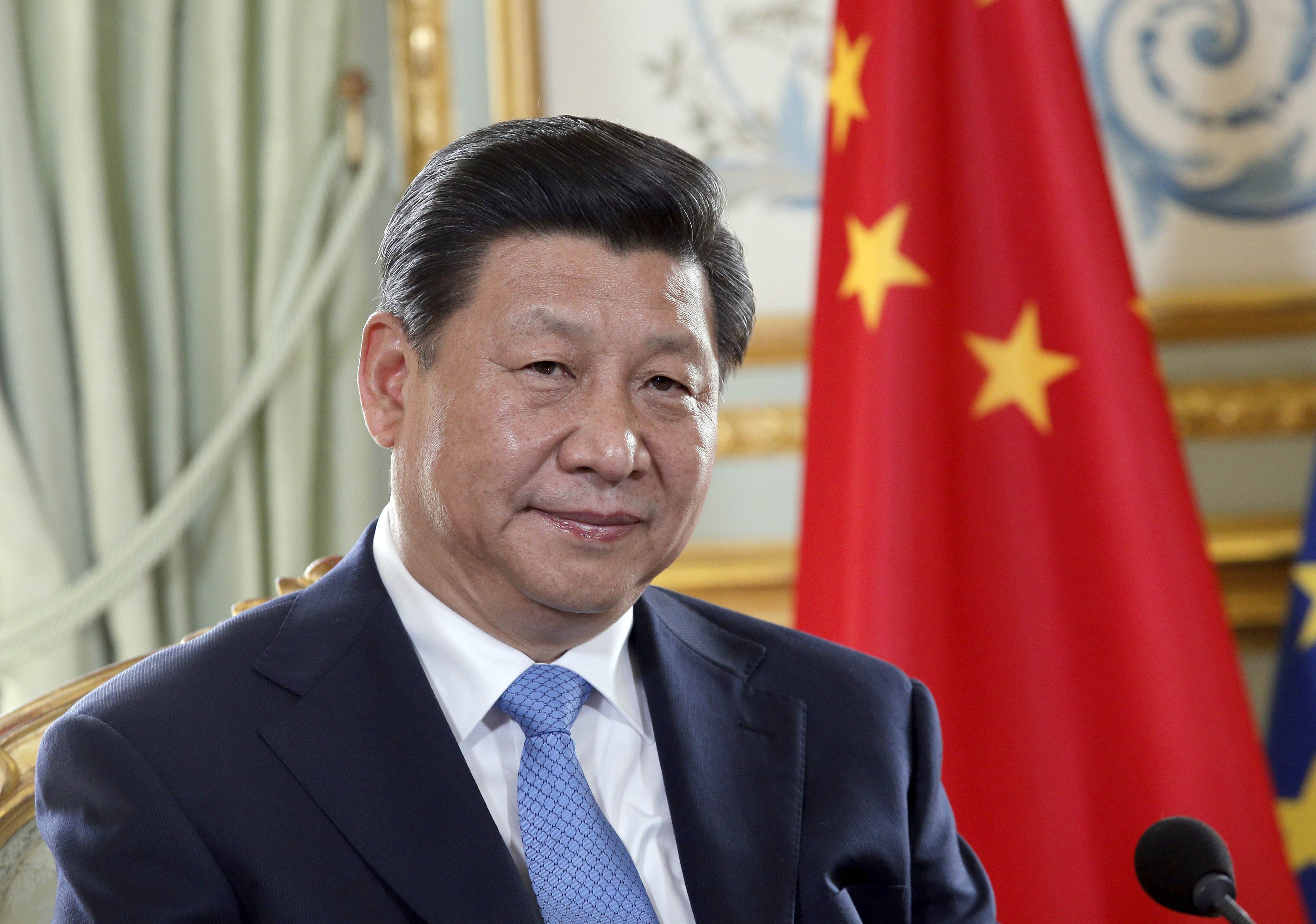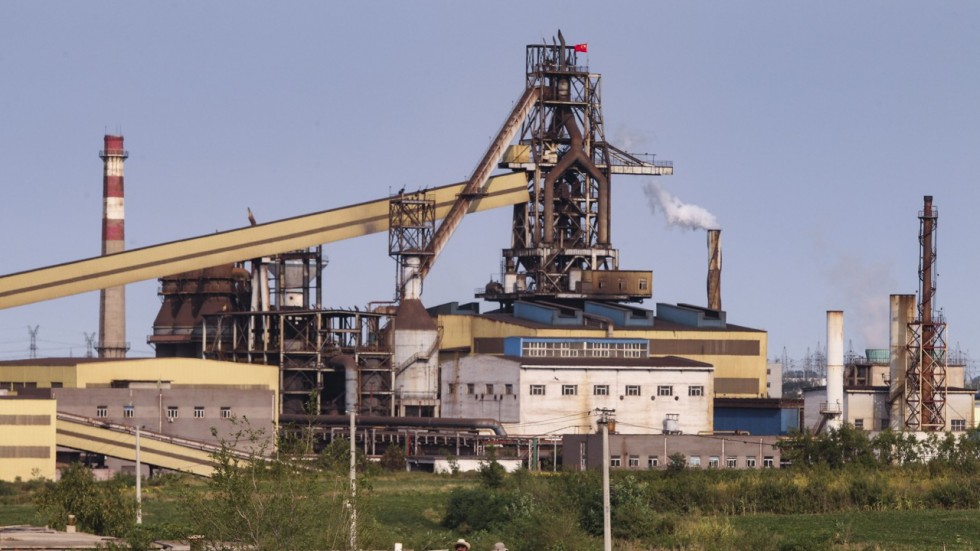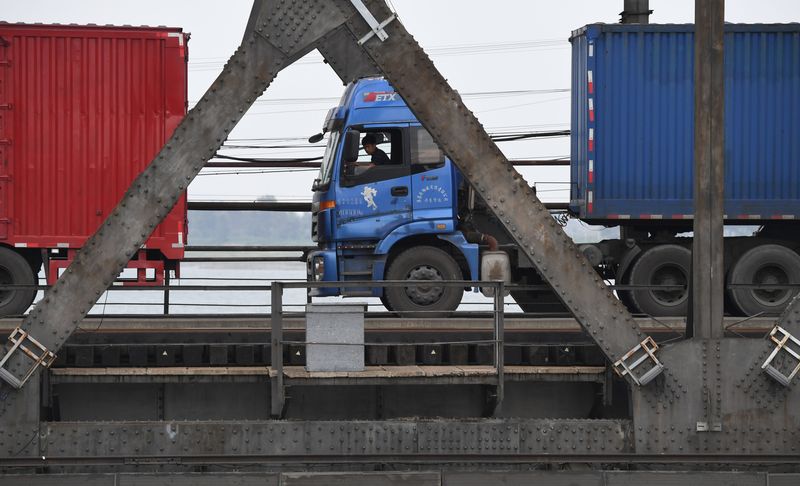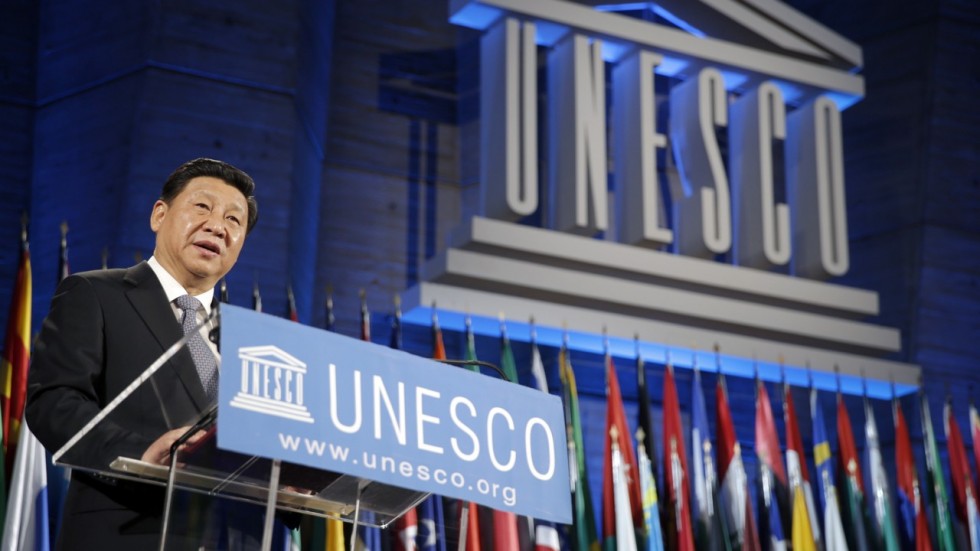Steady growth of China’s private investment

China’s private investment has kept growing at steady and sustained pace this year, a senior official said Saturday. Private investment plays a critical part in Chinese economy, Zhang Yong, deputy head of the National Development and Reform Commission, said at a press conference on the sidelines of the 19th National Congress of the Communist Party of China (CPC). The growth cooled down last year after the country’s total fixed-asset investment lost steam and the property and manufacturing sectors underwent a difficult time, he said. Despite the hardships, private investment increased 6 percent in the first nine months this year, 3.5 percentage points higher than the same period a year ago.Private investment growth has anchored from last year’s weakness, he said. Zhang underlined the importance of implementing supportive policy for private investors such as streamlining administrative procedures and cutting red tape, lowering market threshold, applying negative-list approach and increasing market transparency. Private investment should play a bigger role in the future, he added.Private investment accounts for at least 60 percent of China’s total fixed-asset investment. It generates 80 percent of China’s jobs, 60 percent of the GDP and 50 percent of the tax revenue.


